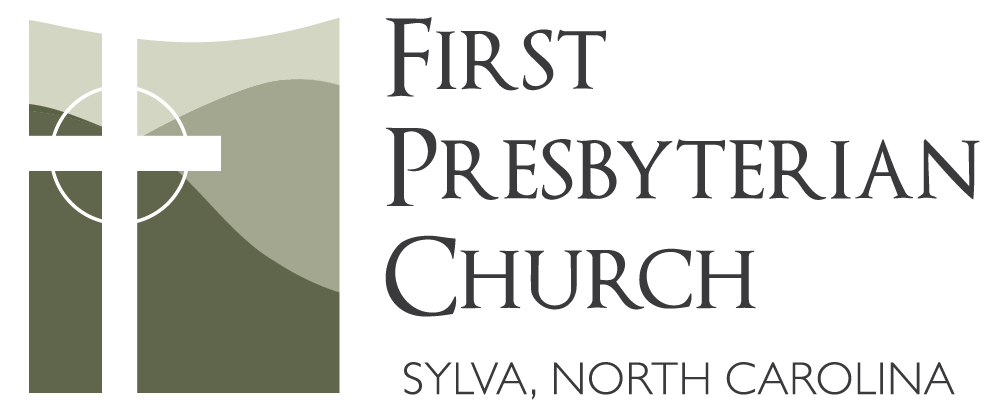“Lord, teach us to pray.”
This was the request, the plea, the prayer of Jesus’ disciples — and it’s ours as well. For several months this winter season, we are pondering the mystery of prayer by going deeper into Scripture with Jesus as our guide. We are nearly done with our study of Old Testament prayers (although much more could be said!) and soon we will turn our attention to the greatest of them all, the Lord’s Prayer in Matthew 6:9- 13.
For help along the way, I’ve been reading through P.T. Forsyth’s classic book The Soul of Prayer. In it, he writes:
“Thy will be done.” Unless that were the spirit of all our prayer, how should we have courage to pray if we know ourselves at all, or if we have come to a time when we can have some retrospect on our prayers and their fate? Without this committal to the wisdom of God, prayer would be a very dangerous weapon in proportion as it was effective.
Now, that’s a dense passage! But what Forsyth is saying is that prayer necessarily leads to humility before the Lord. We don’t pray so that our wills might be done; we pray so that God’s will might be done through us. Prayer is our entryway to the mighty river of God who always leads us further up and further into life with him and life with each other. Sometimes we tip-toe in the shallows; other times, we plunge into the pools. But as long as we’re in the water, we’re in the right place.
As this sermon series continues and as the season of Lent approaches, I encourage you to take up the practice of prayer. Not because you have to (prayer is never, ever about legalistic obligation) but because you get to. Because Jesus invites you to. Why not set your alarm clock 15 minutes earlier so you can arise, awaken the dawn, and give praise to the Lord (Psalm 57:8)? How about putting away your phone and finding a quiet spot to eat your lunch and read the upcoming Sunday’s Bible passage (listed in the previous Sunday’s bulletin)? Try turning off the TV 15 minutes earlier before you go to bed so your soul can find rest in God alone (Psalm 62:1). It’s as simple – but perhaps as challenging – as that. Yet as Forsyth says, “Unless there is within us that which is above us, we shall soon yield to that which is about us.”
Yours, Blake


